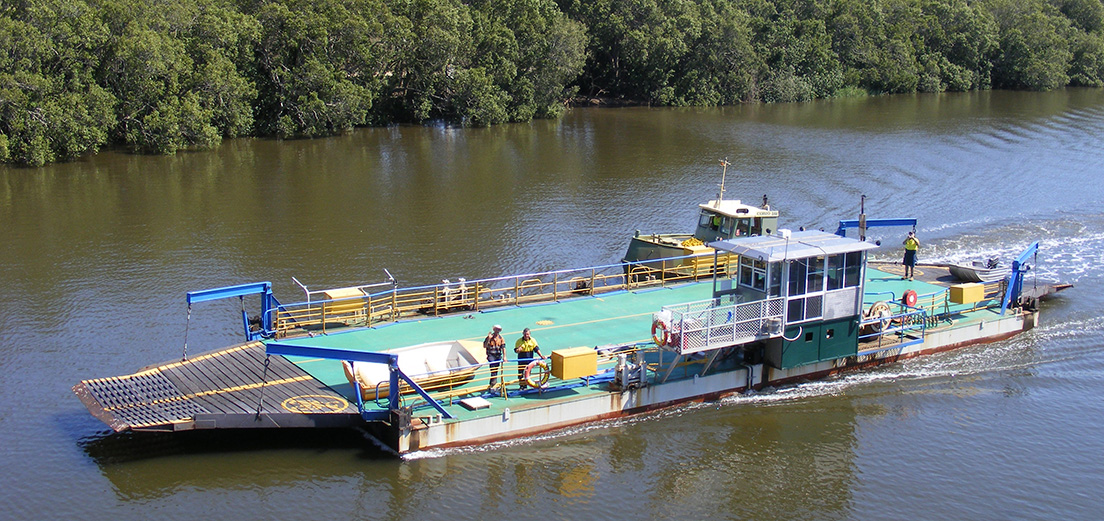- Queensland will be the first state in the country to offer free testing for pregnant women for the potentially deadly Rhesus D Haemolytic Disease.
- The disease occurs when a pregnant woman with RhD-negative blood carries a baby with RhD-positive blood, leading to serious complications like miscarriage, stillbirth, and anaemia.
- The test will help provide more targeted treatment, reducing the need for around 7,000 doses of preventative treatment currently given to all RhD-negative women.
In an Australian first, the Miles Labor government will provide free testing to all Queensland pregnant women with RhD-negative blood, helping to prevent complications associated with Rhesus D Haemolytic Disease.
Rhesus D (RhD) is a protein found on red blood cells. If a pregnant woman without RhD (RhD-negative) is carrying a baby with RhD-positive blood, it can trigger a harmful immune response.
Currently, all RhD-negative women receive a blood product called Anti-D immunoglobulin to prevent this, regardless of whether their baby has RhD-positive blood or not.
Free testing will now be provided to determine whether a baby is RhD-positive or negative. This means that around 37 per cent of RhD-negative women will not need the Anti-D treatment, saving approximately 7,000 doses each year.
The conservation of the Anti-D treatment is crucial because Australia’s supply relies on a small and aging group of donors.
All of Australia’s anti-D plasma now comes from a small pool of around 100 committed donors, with 55 of these donors aged 60 years or older. The top 20 donors provide approximately 50% of total supply nationally.
The new testing capability will be introduced through an investment by the Miles Government to upgrade Lifeblood’s Brisbane Processing Centre.
Pregnant women will be able to access the test through their GP or obstetrician and have their blood drawn at one of Queensland’s many pathology centres.
This testing will be available from early November 2024.
As stated by Minister for Health, Mental Health and Ambulance Services and Minister for Women, Shannon Fentiman:
“As the Minister for Health and Women, I am passionate about making sure that women have access to the best healthcare throughout pregnancy.
“By making this test free for all Queensland women with RhD-negative blood, we are making sure they get the right care at the right time.”
“I am proud Queensland is leading the way in providing this essential service, and through our partnership with the Australian Red Cross Lifeblood, we can ensure that Anti-D treatments are preserved for the people who need them most.
“This initiative will also help save up to 7,000 doses of Anti-D immunoglobulin annually – a vital product that relies on donations from a very small group of generous Australians.”
As stated by Australian Red Cross Lifeblood Chief Executive Officer, Stephen Cornelissen AM
“”Availability of NIPT for RhD in Queensland will provide pregnant women with a negative blood type and their clinicians with information to make informed choices about their healthcare based on their individual needs.
“Australia is one of the few countries in the world that is self-sufficient in its supply of Anti-D, but Lifeblood relies on a small group of donors to provide it. This significant step will reduce Queensland’s demand for anti-D plasma by about 28 per cent, saving around 7,000 doses a year.”







